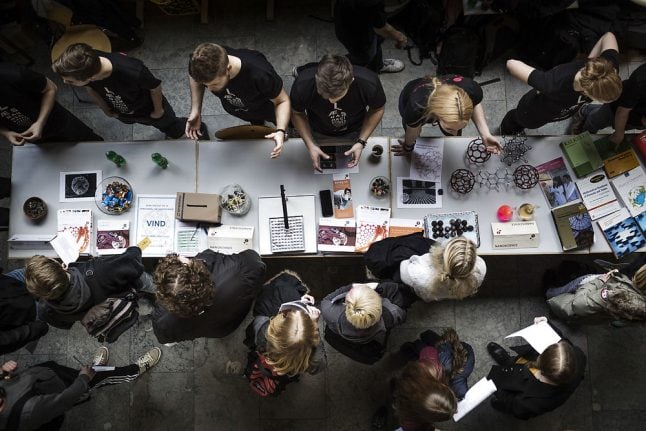The transfer of military technology is a key factor for Brazil as it considers the Gripen NG made by Saab, the Rafale by France’s Dassault or Boeing’s F-18 Super Hornet for a contract worth between $4 billion and $7 billion.
“I would argue that the technology transfer that we are offering of this magnitude would put Brazil at par with our close partners,” Frank Mora, deputy assistant secretary for Western Hemisphere affairs, told a legislative committee.
When asked if it were accurate that Brazil should not have doubts about the commitment to the technology transfer, he replied, “That is correct.”
“The United States has made a robust proposal of the Super Hornet technology — a significant technology transfer,” he said.
The contract is for 36 fighters with the possibility of many more aircraft in the future.
The competition for the contract has dragged on for years, with President Dilma Rousseff inheriting it from her predecessor Luiz Inacio Lula da Silva, who had declared a preference for French planes.
Arturo Valenzuela, assistant US secretary of state for Western Hemisphere affairs, said during the hearing on Thursday that “we always raise this issue” in talks between Brazil and the US.
US President Barack Obama is scheduled to visit Brazil in late March as part of a tour that includes stops in Chile and El Salvador. Brazil and the United States signed a military cooperation agreement in April 2010.
In December 2010, US diplomatic cables recently released by WikiLeaks cited by newspaper Aftonbladet reported that Sweden was deceived by both the US and Norway regarding its neighbour’s interest in signing a multi-billion kronor deal to buy Sweden’s JAS Gripen fighter plane.
Norway ultimately decided to purchase the US-made Joint Strike Fighter/F-35 combat aircraft in a deal reportedly worth 55 billion kronor ($7.9 billion).
According to Aftonbladet, the United States threw a spanner in the works of the Gripen deal by stopping the export of an American-made radar component for use on the Swedish plane.



 Please whitelist us to continue reading.
Please whitelist us to continue reading.
Member comments